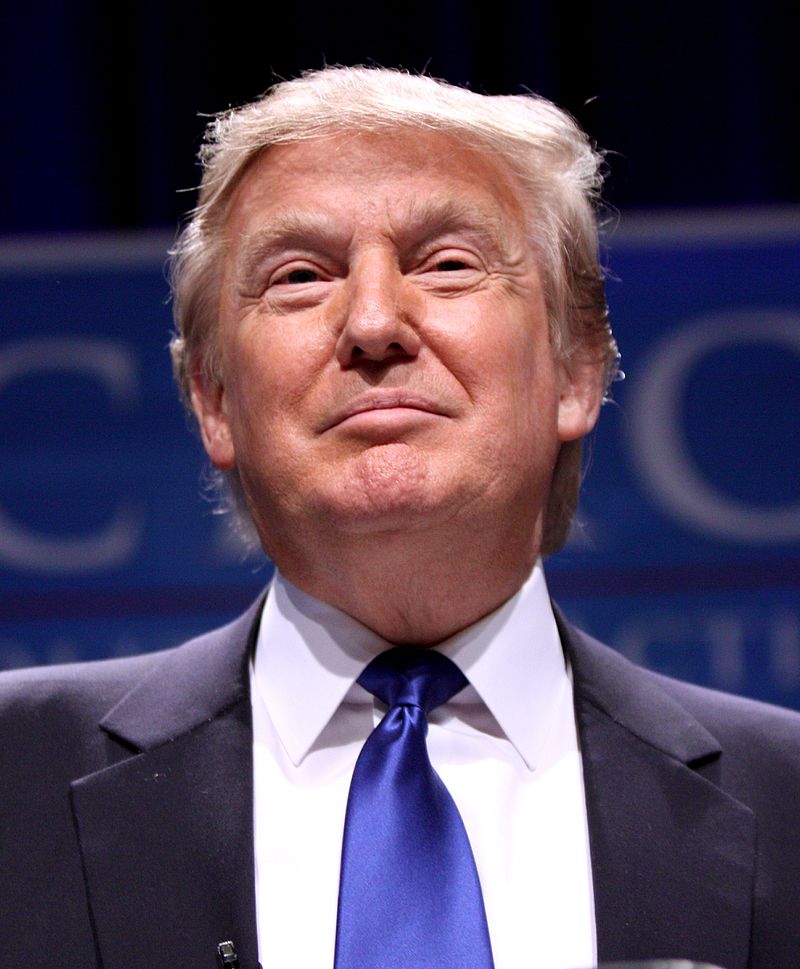 There haven’t been a lot of stories about what Donald Trump would do as President when it comes to employment law issues. In part, that was due to the polls. But it was also due in part to the lack of policy details that his campaign put out on his website. Back in September, I lamented the fact that we weren’t getting to hear any debate on those issues.
There haven’t been a lot of stories about what Donald Trump would do as President when it comes to employment law issues. In part, that was due to the polls. But it was also due in part to the lack of policy details that his campaign put out on his website. Back in September, I lamented the fact that we weren’t getting to hear any debate on those issues.
So, the news this morning that Donald Trump has been elected President is coming with a bit of scrambling. What does it mean for employers in Connecticut? What’s going to happen with employment laws and enforcement?
The truth is that we really don’t know at this point. The fact that the House, Senate and President will all be led by Republicans is something that is going to throw the whole system for a loop.
So, here are a few things to keep an eye on over the upcoming months when it comes to employment law issues:
- As I noted last month, the new overtime regulations are set to be implemented on December 1, 2016. Will a lame-duck Congress try to block those rules from being implemented? And if they are still implemented, will a Trump adminstration seek to roll those back? That would be a challenge. Suffice to say for employers, this added uncertainty is a real headache. Until you hear otherwise, employers should continue to implement these changes.
- One thing that seems clearer: The NLRB’s moves over the last few years will come to a screeching halt once the Board’s makeup is changed. The NLRB, for better or worse, always seems to change with each Presidency. A Trump Presidency will no doubt bring changes back; this may impact everything from graduate assistants being able to unionize, the quickie election rules. Everything is in play.
- For those wondering, the Board has two seats open now; along with the existing Republican member, that would give the Trump presidency a pretty quick majority.
- The EEOC’s strategic plans will now be called into question as well. In recent years, it has taken aggressive litigation approaches on sexual orientation and gender identity issues. Will those tactics be abandoned? Where will the enforcement priorities lead to? Again, don’t expect big changes overnight but over time, this is definitely something to watch.
- And do not underestimate the impact that a Trump Presidency will have on the federal court system. He will now be appointing far different judges that we’ve seen over the last eight years — both at the U.S. Supreme Court and at lower court levels. This will have a long-term effect on employment discrimination cases which are often heard in the federal courts in Connecticut. As a result, we may continue to see more cases being brought in Connecticut state courts.
- Let’s not forget that Trump also suggested a six-week paid maternity leave program. Will we see Congress pick this issue up? Stay tuned too.
For Connecticut employers, lost in the headlines of a Trump presidency is the fact that Republicans seem to have gained an unprecedented 18-18 split in the State Senate. This could potentially put the brakes on legislation the next two years on issues like non-competes or expanded paid leave. It’s too early to tell but this is something we’ll be looking into as well.
But for all the uncertainty out there, remember this: Many of our federal laws are unlikely to change. ADA, FMLA, Title VII are all fairly hearty laws that share widespread support. The changes that may come are all things around the edges — things like enforcement approaches, guidances, etc.
For employers, it’s best to keep a close eye on the developments for employment law. It’s going to be an interesting couple of years.
